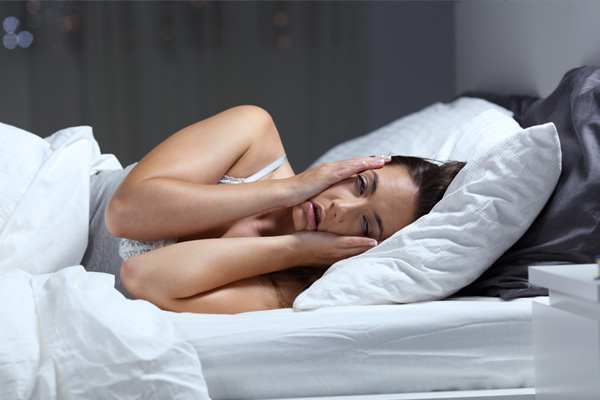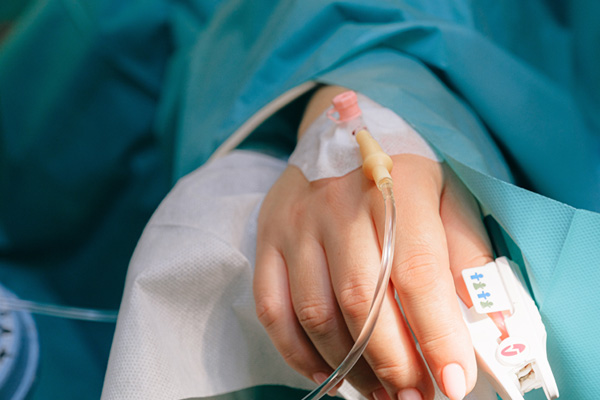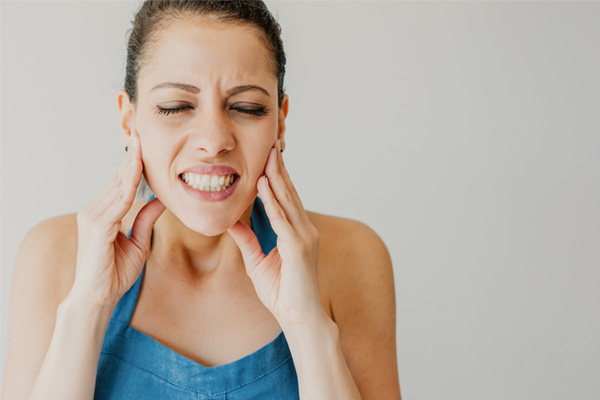Studies about Sleep Apnea & Snoring
Are you drowsy during the day with no explanation? Do you snore loudly or wake up breathless in the middle of the night? If you’re experiencing any of these symptoms, you may be one of more than 12 million Americans who are affected by sleep apnea.
What is sleep apnea?
Sleep apnea is a condition in which your breathing stops periodically during sleep, as many as 20-30 times per hour. Each time you stop breathing in your sleep, the resulting lack of oxygen alerts your brain, which temporarily wakes you up to restart proper breathing. Since the time spent awake is so brief, most people with sleep apnea don’t remember it, and many feel like they are getting a good night’s sleep when, in fact, they are not. The constant wake-sleep, wake-sleep cycle prevents those with sleep apnea from achieving deep sleep, resulting in a constant drowsy feeling during the day.
What are the signs of sleep apnea?
The following symptoms can indicate the presence of sleep apnea. If you notice one or more of these, contact our practice.
- Insomnia or difficulty sleeping
- Loud snoring at night
- Waking up at night short of breath
- Snorting or choking sounds during the night (indicating a restart of breathing)
- Headaches upon waking in the morning
- Falling asleep unintentionally during the day
- Extreme drowsiness throughout the day

Are there different types of sleep apnea?

There are three categories of sleep apnea. The most common is called obstructive sleep apnea (OSA), and occurs due to a physical blockage, usually the collapsing of the soft tissue in the back of the throat. Less common is central sleep apnea (CSA), in which breathing stops because the muscles involved don’t receive the proper signal from the brain. And some people suffer from “mixed” or “complex” sleep apnea, which is a combination of obstructive and central.
What are risk factors for sleep apnea?

Obstructive sleep apnea is more common in males than females, and more common in older adults (40+) than younger adults and children. However, anyone — regardless of gender or age — can suffer from sleep apnea. Other risk factors include obesity, smoking, drinking, use of sedatives or tranquilizers, and family history. Central sleep apnea strikes most often in people with heart disorders, neuromuscular disorders, strokes, or brain tumors. It is also more common in males.


Is sleep apnea dangerous?

Sleep apnea is considered a serious medical problem and if left untreated it can lead to high blood pressure, increasing the risk of heart failure and stroke. The ongoing state of fatigue caused by sleep apnea can lead to problems at work or school, as well as danger when driving or operating heavy machinery. Sleep apnea can also cause complications with medication or surgery; sedation by anesthesia can be risky, as can lying flat in bed after an operation. If you know or suspect you suffer from sleep apnea, let your family doctor know before taking prescribed medication or having surgery.
How is sleep apnea treated?

Treatments for sleep apnea depend on the severity of each individual case, and the type of apnea. Basic treatment can be behavioral — for instance, patients are instructed to lose weight, stop smoking, or sleep on their sides instead of on their backs. Beyond that, oral devices can be used to position the mouth in such a way that prevents throat blockage. In more severe cases, surgery may be the best option.


What should I do if I suspect that someone in my family suffers from sleep apnea?

Contact our practice, and we can refer you to a sleep apnea specialist. The specialist may recommend a “Sleep Study” to diagnose the precise extent of the problem, and can prescribe appropriate treatment. Depending on the patient’s situation, treatment may involve an oral device that we can custom-create for you.
Snoring Prevention

While snoring is a common problem for many people, it can also be a sign of other major health complications. It is estimated that more than 80 million people in North America snore while sleeping, which not only affects the quality of sleep of the person snoring, but also the quality of sleep of their loved ones and other family members. Luckily, there is a way to treat chronic snoring.


What causes snoring?

Snoring can be the result of several factors. Typically, snoring is caused by the relaxing of the muscles and soft tissues in the throat and mouth, making the airway passage smaller. The decrease in space through the airway makes it harder for each breath to get through, and when it does get through the airway passage it moves over the soft tissues in the mouth and throat and causes a vibration that results in the snoring sound.
Other causes of snoring may include:
- Excess body weight
- Alcohol consumption
- Certain sleep aides or sedatives
- Obstructive Sleep Apnea (OSA)
What is a Mandibular Advancement Device?

If you snore at night, then a mandibular advancement device (MAD) may represent a solution and a better night’s sleep! The MAD is a specially designed dental device that gently helps keep the lower jaw, or mandible, in a forward position, increasing the space between the airway passage and helping you breathe better so you can get a full, quiet night’s sleep.
Some devices also stop the tongue from falling back over your windpipe. Your dentist will fit these special appliances to meet your individual condition.


Is a MAD comfortable?

The answer is simple — YES! A mandibular advancement device is made to be comfortable, so that you can sleep without even noticing you’re wearing it. It does not prevent you from breathing with your mouth open and will even eliminate snoring for patients with sinus congestion or allergies. You may experience some slight stiffness of the jaw for the first few mornings after wearing the device, but this feeling is only temporary, and will go away after waking up and removing the device.
To learn more about a mandibular advancement device, contact our practice and schedule an appointment and consultation.
